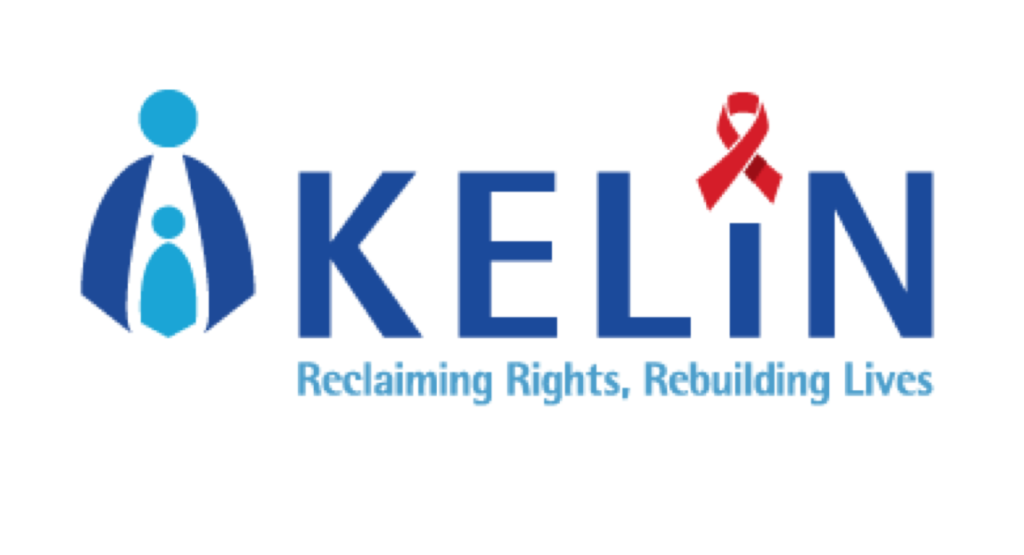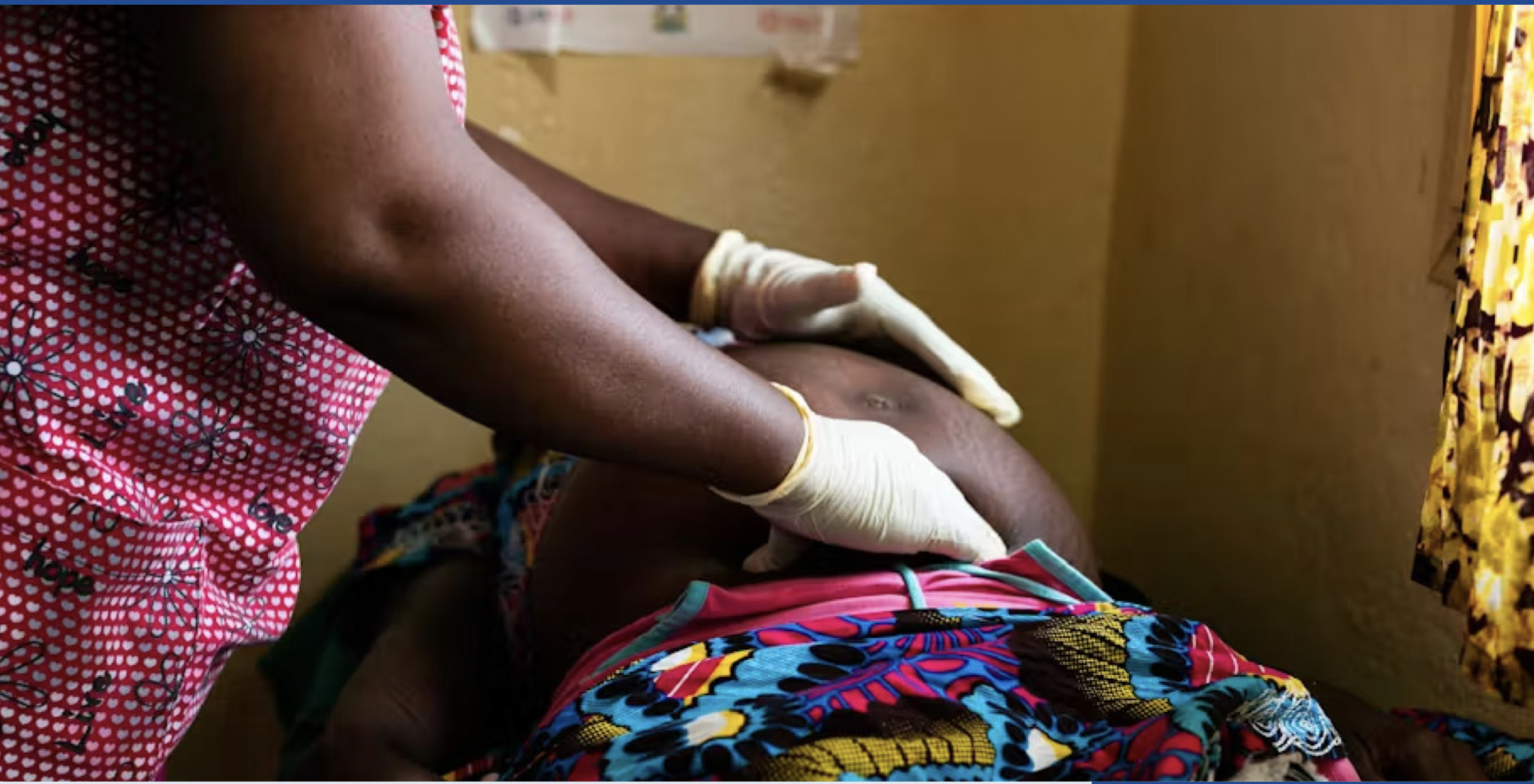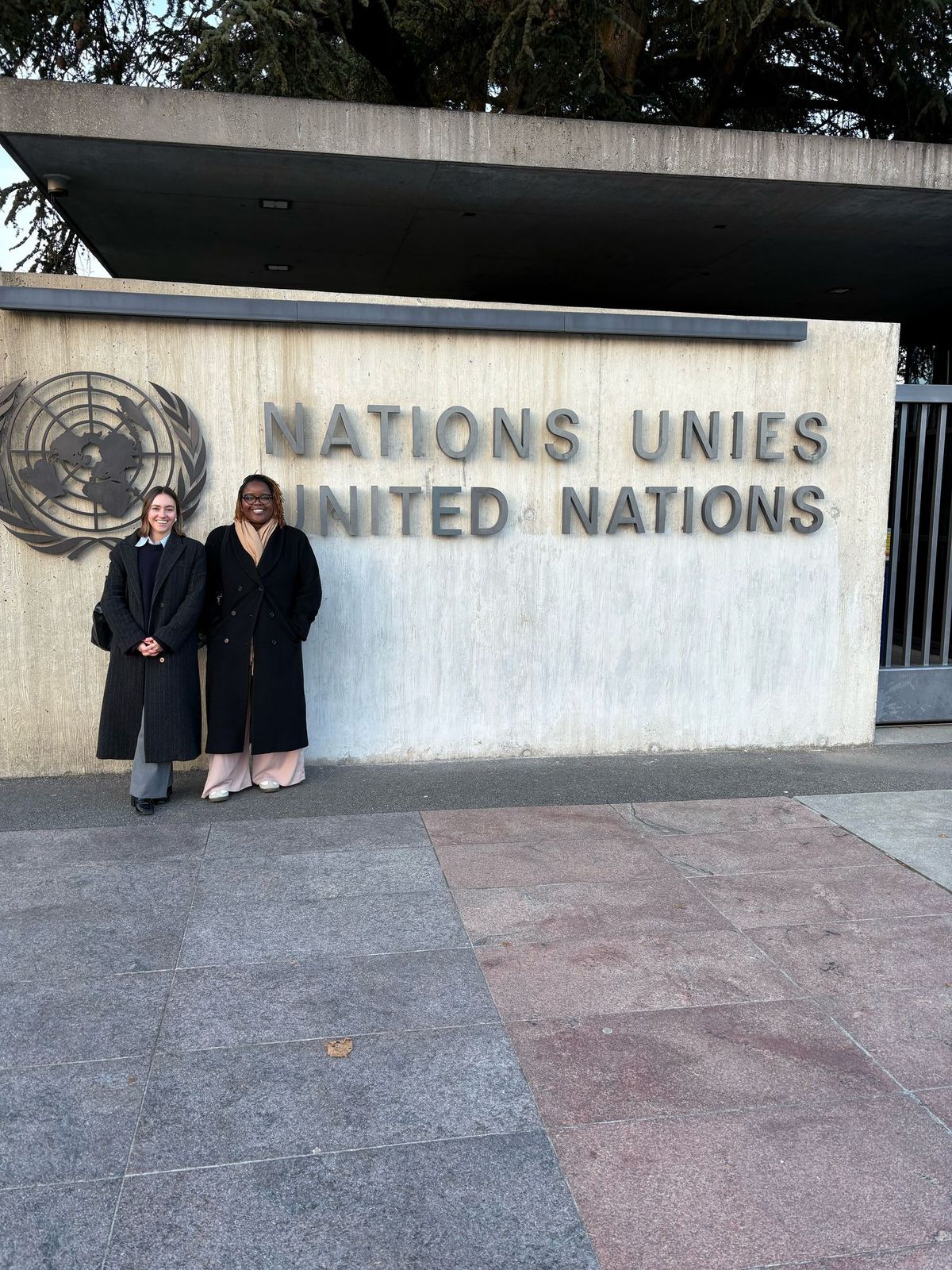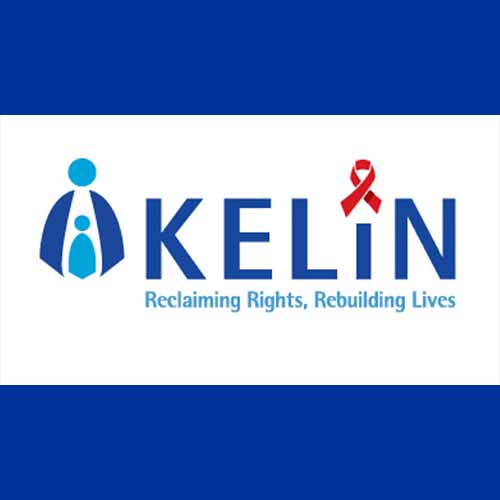On 28 September, 2016 tens of Kenyans gathered in Nairobi County to celebrate the enactment of the Access to the Information Act, 2016. The Act comes in the background of over two decades of a struggle for the right to information framework in Kenya. Civil society organizations have been keen on ensuring that citizens have access to information on the issues that affect them including health, education and consumer rights.
The health sector has been particularly affected by the limited access to health information. An account is given of a woman who had suffered from fistula for over ten years after the birth of her daughter. Unknown to her the national referral hospital, Kenyatta Hospital had been offering reconstructive surgery free of charge long before her condition surfaced. It took the intervention of a civil society organization to bring her plight to light and facilitate her access to the free reconstructive service. This was however after she had lost her husband and had been ostracized by her community due to the nature of her condition.
The right to health information cannot therefore be separated from the right to health. Citizens must have access to information if they are to pursue the right to health and vice versa. To exercise both rights there is need for aggressive and sustained education on the rights themselves. They should also be capable of assessing whether their rights are being violated or protected and must have the skills and tools to pursue justice.
Access to information will also improve governance within the health sector, as it requires the government to proactively give information to the public on the health issues that affect them. It must have systems and structures for disclosure of such information and must be committed to providing timely and accurate information to the public. This requirement also applies to private institutions and as was in the case of the woman above, private institutions should provide the public with accurate information on their health services.
Access to information enables patients to make informed choices on their treatment and gives them more control over their health information. Most patients, are rarely given information on the procedures they undergo, have limited access to their health records and often have to endure rigorous internal procedures to access such information.
Further, without access to information oversight institutions such as the civil society and the media are unable to hold the government accountable on health service delivery. There have been numerous claims of corruption especially at the county level with audit reports revealing the loss or mismanagement of millions of shillings meant for drugs and equipment for public hospitals. But unearthing and prosecuting these crimes would be impossible without access to the requisite health and financial records.
The Access to Information Act is therefore important in helping citizens surmount the above challenges. It reiterates Article 35 of the constitution which provides that, ‘every citizen has the right to access information held by the state, or by any other person…’ It requires both public and private institutions to proactively disclose information and designate information access officers within their institutions. The act also outlines the process of accessing information detailing that all applications must be made in writing in English or Kiswahili and must be responded to within twenty-one days of their receipt. Public officials who neglect or fail to provide information without a valid cause or who alter, deface or erase information with the aim of preventing disclosure will be liable to a fine of five hundred thousand shillings or to imprisonment for no less than one year.
The act also requires public and private institutions to keep and maintain records that are accurate, authentic and usable. These records must be maintained in a manner that facilitates access to information and should be computerized within three years of the commencement of the act. To enhance accountability the act has conferred upon the Commission on Administrative Justice (CAJ) powers of oversight and enforcement of the law. The commission will have the function to provide public education on the act and will also investigate any violations on the access to information. The decisions of the commission will also be binding to the national and county governments.
Having achieved these milestones, stakeholders must now embark on the comprehensive implementation of the law. They must now aggressively engage in public education, advocacy and litigation to fully realize the right to health information in Kenya.



